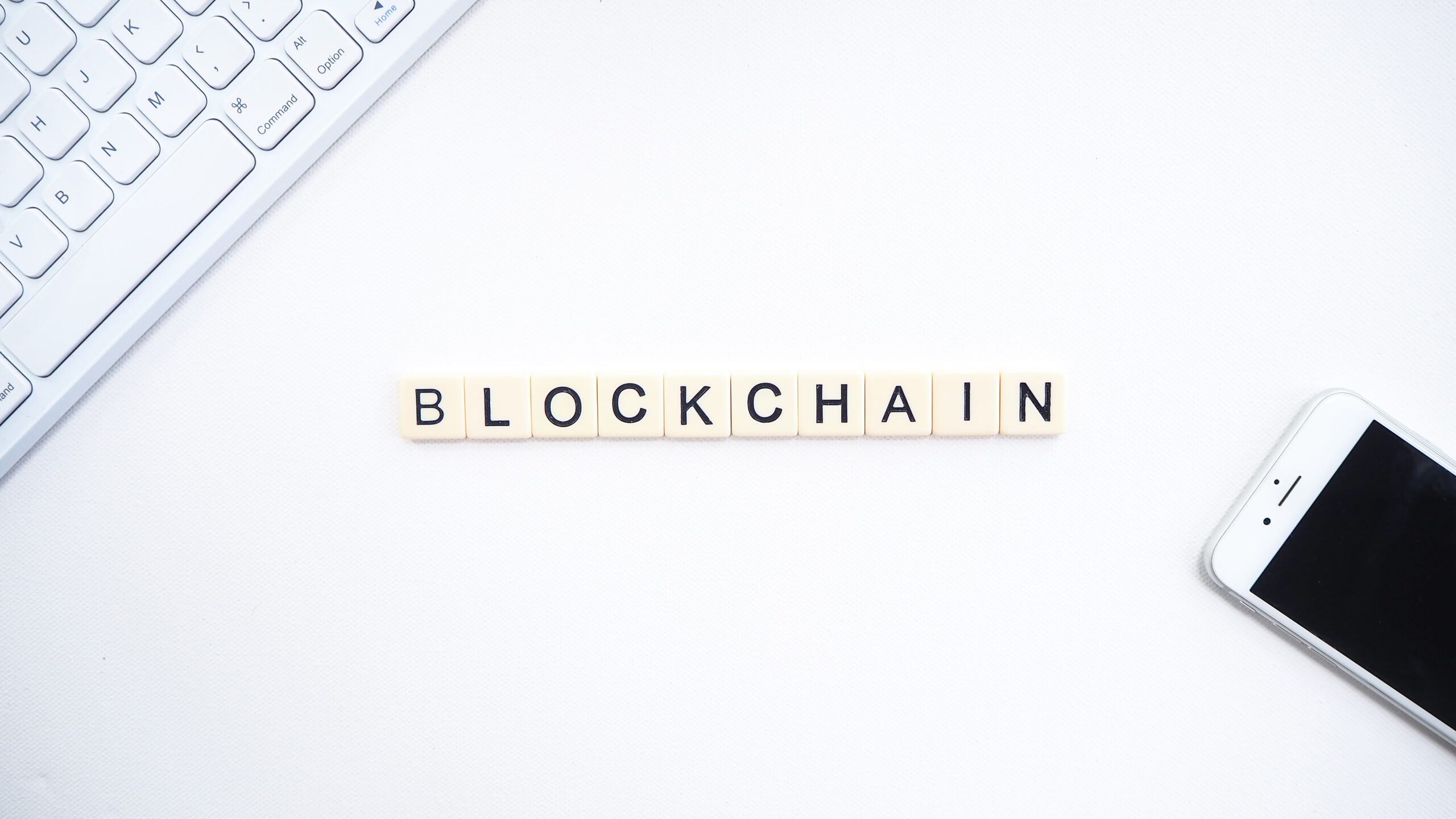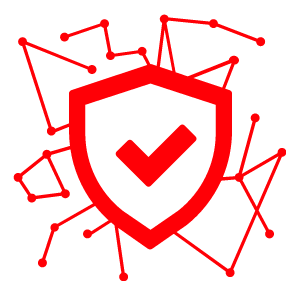Imagine: a crowd of programmers in a huge hall. They sit on folding chairs, in front of them are laptops on folding tables. A man appears on a stage illuminated with blue-violet light.
“Seven hundred blockchains! He shouts to his listeners. Pointing to people in the room: – Machine learning … – and then loudly: – Energetic turn! Healthcare! Public safety and law enforcement! The future of the pension system! “
Congratulations, we are at Blockchaingers Hackathon 2018 in Groningen, The Netherlands (thankfully, a video has survived). If the speakers are to be believed, history is made here. Earlier, the voice from the accompanying video asked the audience: can they imagine that right here, right now, in this room, they will find a solution that will change “billions of lives”? And with these words, the Earth on the screen explodes with a beam of light rays.
Then the Dutch interior minister Raymond Knops appears, dressed in the latest techie fashion – a black sweatshirt. He is here in the role of “super-accelerator” (whatever that means). “Everyone feels that blockchain is going to revolutionize governance,” says Knops.
In recent years, I have been hearing about blockchain all the time. However, like all of us. Because he is everywhere.
And I’m clearly not the only one wondering: who will explain to me what it is all about? And what is its “revolutionary spirit”? What problem does it solve?
Actually, that’s why I decided to write this article. I can tell right away: this is a strange journey to nowhere. I have never in my life come across such an abundance of jargon that describes so little. I have never seen such an amount of bombast that was blown away so quickly upon closer examination. And I have never seen so many people looking for a problem for their “solution”.

